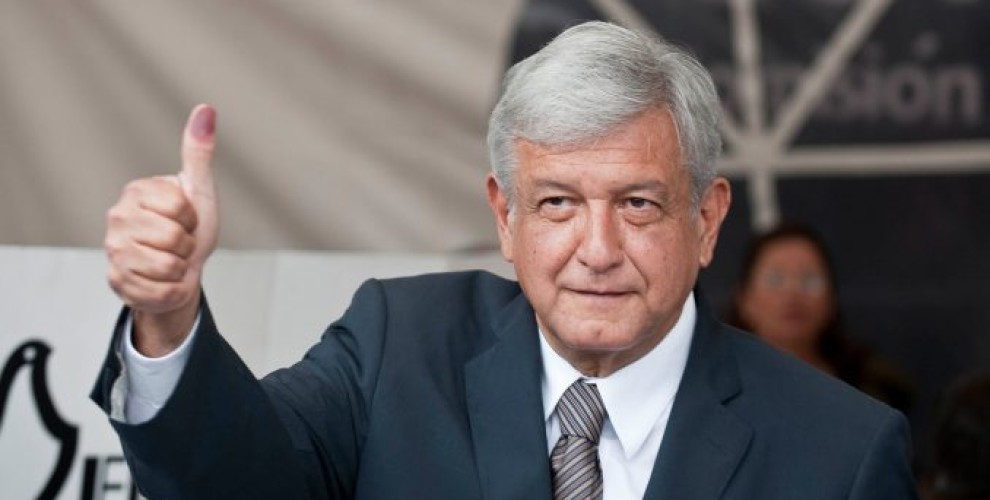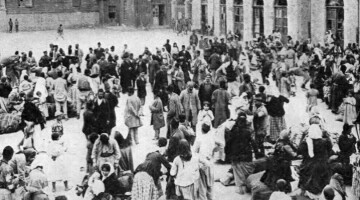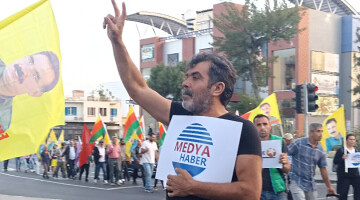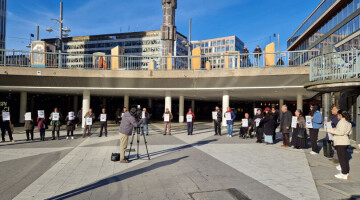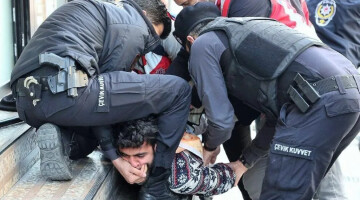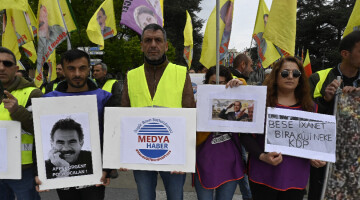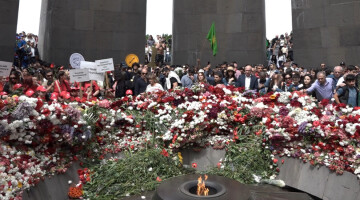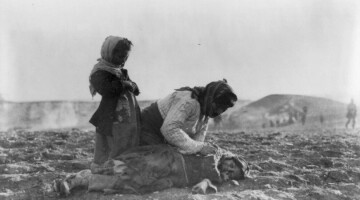Last Saturday the new President of Mexico, Antonio Manuel López Obrador, sworn in with an emotional ceremony before the Congress.
The official ceremony was followed by a massive rally in the central square Zocalo, in the Mexican capital.
‘Hugged’ by a broad parliamentary majority granted him in the ballot box six months ago, the new president of the huge Latin American country inaugurated his presidency with a clear speech, full of personal and collective commitments.
Speaking without a written speech but only a few notes, López Obrador made a speech which lasted for over an hour and a half, mature and coherent.
The new president considered done the "neoliberal" practices, impunity and corruption used as government guides by previous governments, and vowed to start a new phase guided by clearly reformist and transforming historical figures, centered on national historical figures such as Benito Juárez, Madero and General Lázado Cárdenas. The three representatives of an entrenched middle-class nationalism.
López Obrador made it very clear that he would respond only and solidly to the people who elected him and not to the oligarchic elites who have dominated the country for decades and who have traditionally been submissive to foreign interests.
By calling into question the recent signing of the Free Trade Agreement with the US and Canada, the new president made public his proposal for a joint project, with his neighbours [the US and Canada], to promote economic and social development not only from Mexico but also from Central America and the Caribbean as the only reasonable way to stop the current north-south migratory flow that these countries are facing.
The fight against corruption was another of the main axis of his speech, a fight without quarter and without exclusions, which would include - he said - his closest people or even himself.
The persecution of an effective justice was another one of the guidelines which emerged from his words, with explicit references to the 43 students kidnapped and disappeared in Ayotzinapa by police officers, a crime still pending of justice, trial and full responsibility on the part of the state authorities.
While the outgoing President, Enrique Peña Nieto, clearly uncomfortable, looked at the ceiling of the parliament, the new president also said that he considered done the neoliberal economic and political phase the country had been living, while ratifying the main promises of his electoral campaign. He also anticipated that the badly called "education reform", would not take place.
The new president also promised not to stand for re-election, a pledge which prompted him to say that his reform program "will be fast, very fast", so that it will be difficult for any subsequent government to reverse it.
He promised to go to constant popular consultations to give legitimacy to the main measures adopted by his presidency. And he promised a mid-term referendum, to approve or reject his management of the country.
In his words, there were also references to the regional and international context where he also marked differences through special invitations to the Governments of Cuba and Venezuela, the Central American and Caribbean countries, or the absence of institutional representatives from Brazil and the low profiles envoys of Chile and Argentina.
“Details” to take into account at this time when Mexico, and its new President, beyond its natural contradictions seems destined to be a wall of contention to the flood of the conservative and extremist right that is ravaging Latin America.

